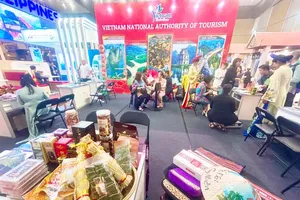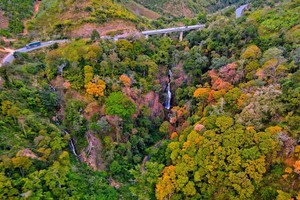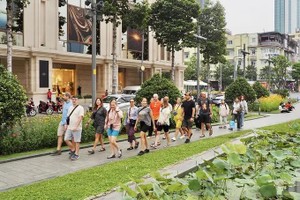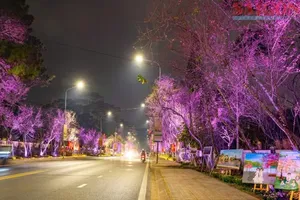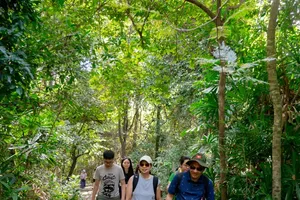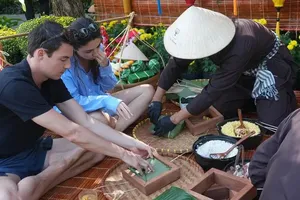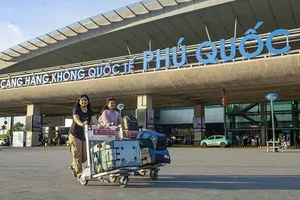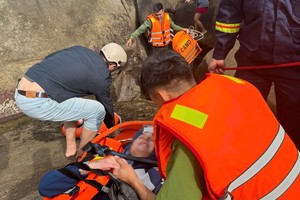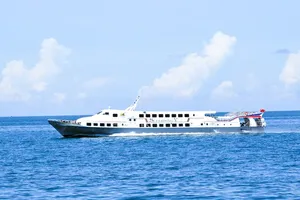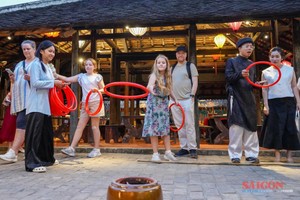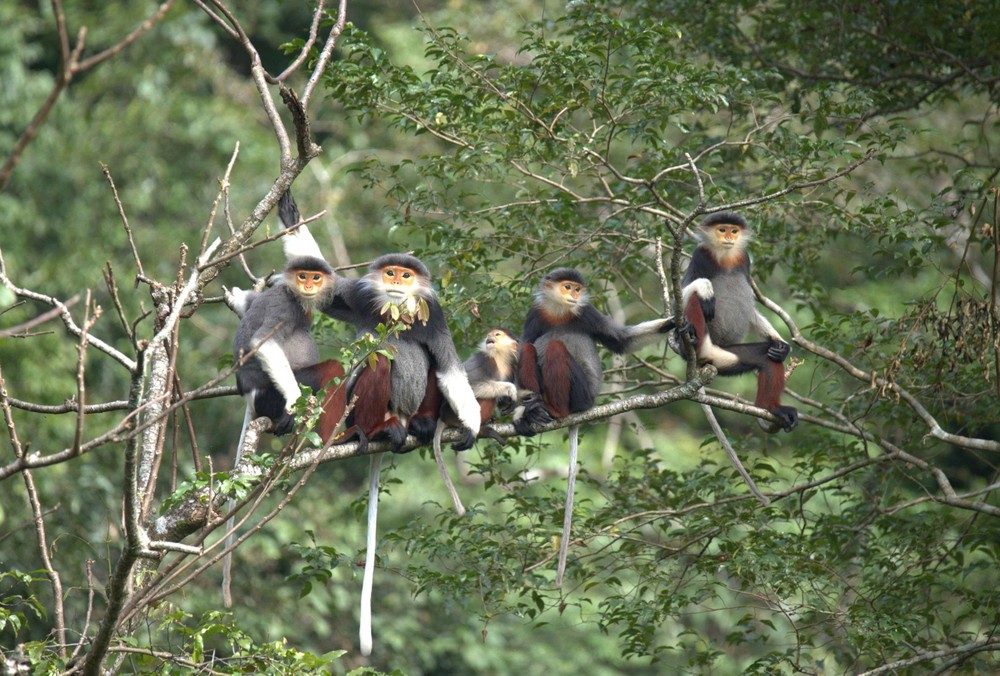
Mr. Pham Hong Thai, Director of the Phong Nha–Ke Bang National Park Management Board in Quang Tri Province, announced on September 25 that the provincial Party Standing Committee had approved in principle the proposal for the provincial People’s Committee to finalize a dossier seeking UNESCO recognition of Phong Nha–Ke Bang as a world biosphere reserve.
According to Mr. Le Thuc Dinh, Head of Science and International Cooperation Division at the Phong Nha–Ke Bang National Park Management Board, the proposed reserve would cover 515,830 hectares with a population of roughly 159,325 people. Its 123,326-hectare core zone would encompass the entire national park, while a 220,055-hectare buffer zone would include seven adjacent communes, and a 172,449-hectare transition zone would extend across ten neighboring communes.
“When a site is recognized as a world biosphere reserve, it brings multiple benefits for both conservation and development, while also contributing to national commitments on biodiversity,” Mr. Le Thuc Dinh stressed.
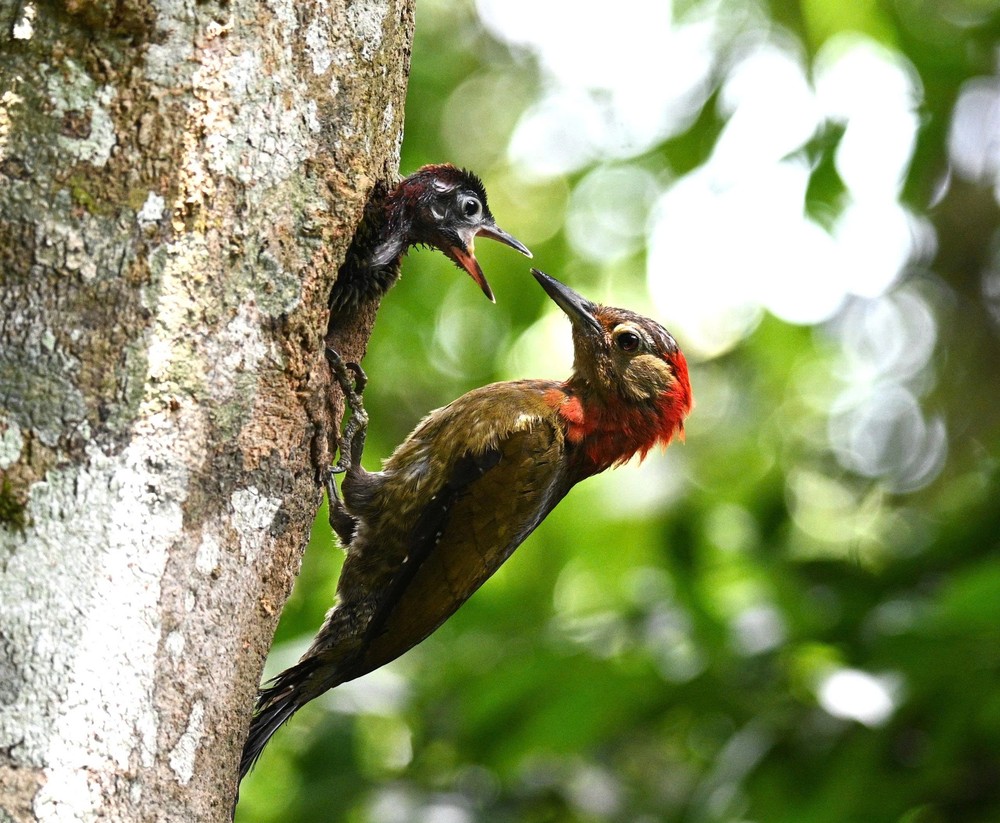
The designation is expected to deliver far-reaching impacts. First and foremost, from a conservation perspective, biosphere status would safeguard one of the world’s largest and oldest tropical karst regions, home to more than 447 caves as well as numerous rare and endemic species. Its primeval and evergreen forests, underground rivers, and cave ecosystems would be better protected against degradation and overexploitation.
The socio-economic benefits are also significant. With an internationally recognized brand, Phong Nha–Ke Bang could attract greater flows of domestic and international tourists, spurring opportunities for eco-tourism, adventure tourism, and community-based homestays. Local communities would gain from green livelihoods such as sustainable agroforestry, medicinal plant cultivation, and the development of “One Commune, One Product” (OCOP) goods. In addition, the recognition could facilitate access to international funding sources and conservation-driven community development programs.
Educational and scientific values would likewise be enhanced. The reserve would serve as an interdisciplinary research hub in geology, biology, climate, and indigenous culture, while acting as a “living laboratory” for environmental education and public awareness campaigns on conservation.
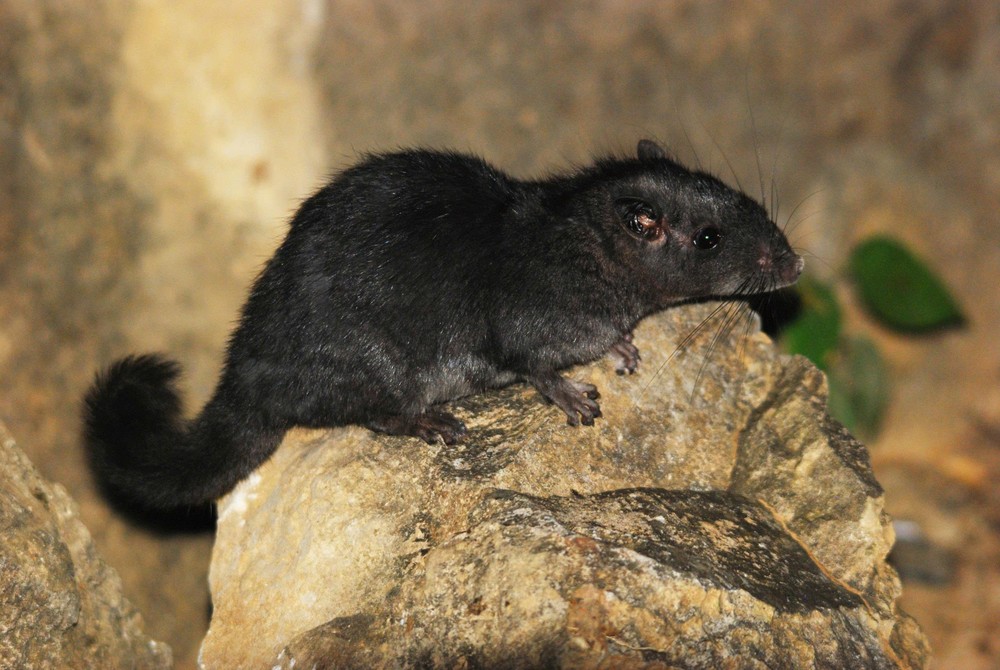
Furthermore, Mr. Le Thuc Dinh emphasized, international cooperation would expand. Phong Nha–Ke Bang could integrate into the global biosphere reserve and national park network, opening avenues for joint research, management, and sustainable tourism development, while promoting Quang Tri Province and Phong Nha–Ke Bang to a worldwide audience.
Experts highlight that if approved, Phong Nha–Ke Bang would stand not only as a UNESCO World Natural Heritage site but also as a model of integrated resource management and sustainable development, reinforcing Vietnam’s global ecological value.
